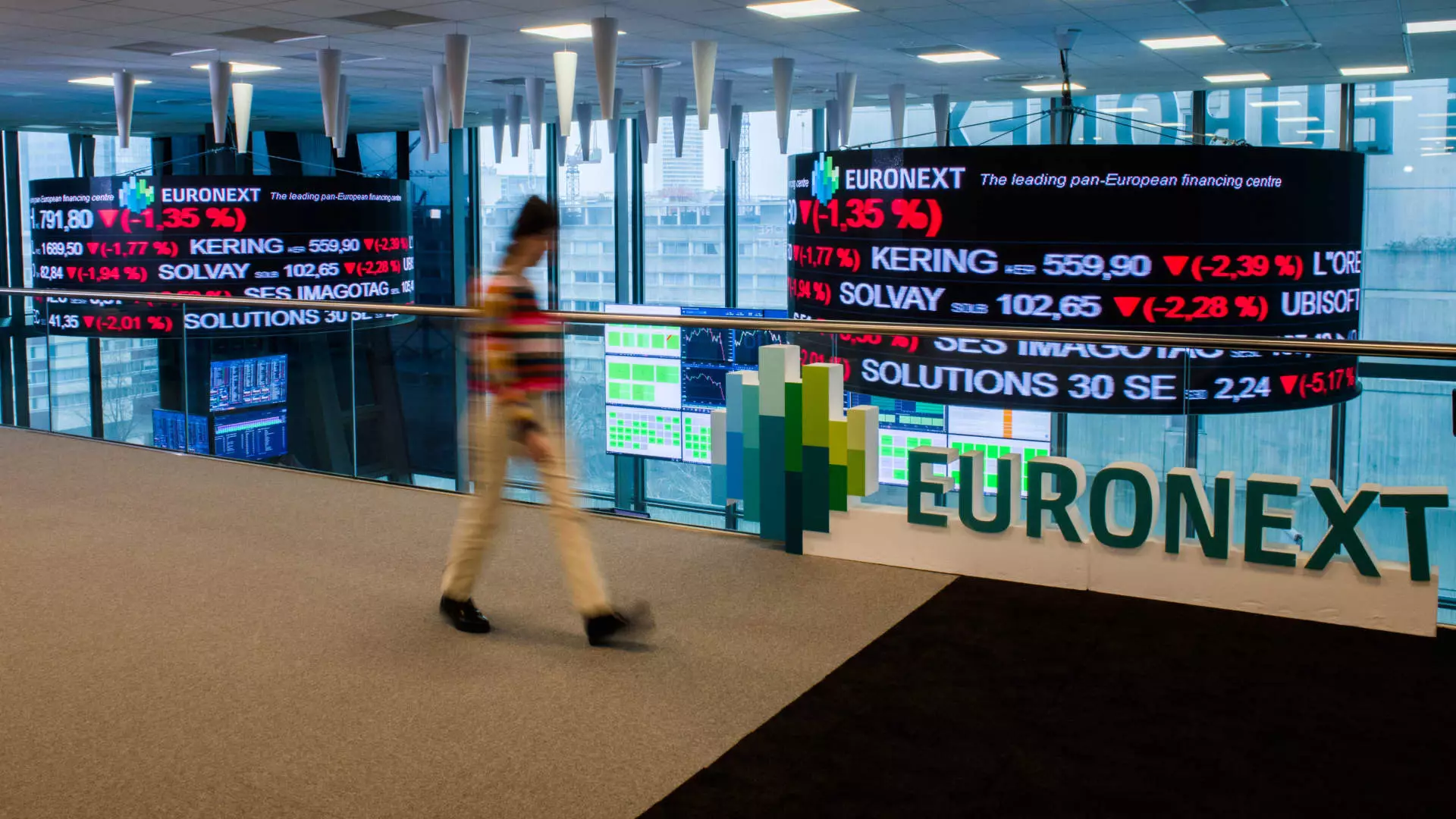In the wake of Donald Trump’s election to the presidency, investors are feeling the brunt of the ripple effects across global stock markets. U.S.-listed funds targeting foreign equities experienced considerable declines on Wednesday, suggesting a growing sentiment among traders that Trump’s administration could disrupt international trade dynamics. While U.S. indexes, particularly the Dow Jones, celebrated a triumphant surge to record highs, funds indexed to South American, Asian, and European markets reeled from Trump’s proposed economic policies. This dissonance between U.S. and global markets raises important questions about the broader implications of domestic political shifts.
The Tariff Policy Dilemma
Central to the concerns regarding Trump’s potential impact on international markets is his outlined tariff strategy, which includes a proposed import tax reaching as high as 20% on all incoming goods—an exceptionally steep 60% tax on imports from China. This particular policy could significantly alter trade relationships, particularly for countries heavily reliant on exports to the U.S. As Yung-Yu Ma of BMO Wealth Management highlights, this uncertainty about trade dealings limits immediate potential growth for global stocks. The hesitation among investors is palpable as they assess how tariffs could hinder economic relations and, consequently, stock performance offshore.
The stark contrast in performance between U.S. markets and international stocks is notable. While the U.S. achieves remarkable gains, European and Asian markets displayed a sense of unease on Wednesday. The iShares Core MSCI Europe ETF saw a drop of over 2%, solidifying the trepidation among investors about Trump’s policies and their impact on trade. Even as Japan’s Nikkei 225 showed limited resistance against the prevailing downward trend, other indices reflecting China’s economic interactions exhibited vulnerability, evidenced by the decline in the iShares MSCI China ETF.
Moreover, emerging markets remain particularly vulnerable in this climate. The ICE U.S. Dollar Index has risen, reflecting a stronger dollar and increased inflation expectations following the election. As LPL Financial’s Adam Turnquist posits, this dollar strength could further press down on international equities, making it even more challenging for emerging markets to keep pace with U.S. performance. This theme was underscored by the decline of the iShares MSCI Emerging Markets ETF, down more than 1%.
Interestingly, not all international markets suffered under the weight of this political transition. Argentina’s markets exhibited unexpected strength, likely buoyed by the recent election of libertarian President Javier Milei, whose economic outlook mirrors that of Trump’s populist policies. The Global X MSCI Argentina ETF witnessed a notable rise, touching 52-week highs and serving as a rare instance of optimism within a predominantly negative landscape for international funds.
While the U.S. markets bask in an era of growth, emerging and developed markets abroad face multifaceted challenges as they grapple with unpredictable tariff regulations and a fluctuating dollar. Investors would do well to remain vigilant as the potential fallout from domestic U.S. policy decisions unfolds on a global scale.

